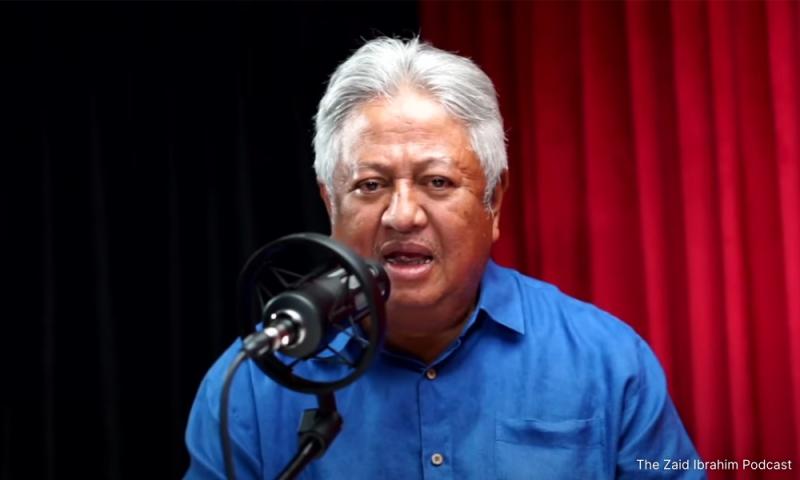Dr Mahathir’s analysis in NST that Chong Eu was the father of the industrialisation process in Malaysia, should be seen not only as an acknowledgment of a happening as such, but much more significantly, in terms of the impact it had on some other related areas of the country’s development.
At the reported question-answer session Mahathir added that Chong Eu had shared these experiences with Gerakan party leaders. But it is well known that he has yet to share them with the public. With the greatest of respect therefore I wish to take the liberty of sharing some of these experiences through my deliberations with Chong Eu in the hope that he himself would add to and complete them when he recovers from his present illness.
Mahathir’s acknowledgement that Chong Eu started the industrialization process in Malaysia by bringing in the electronics industry to Penang is well known and does not need repetition here. The latter himself was most modest in his achievement and emphasized that the success of the break through was largely due to the high potential of human capital that was always available in Penang. What was needed therefore was the intervention of the government to develop partnerships with internationally renowned companies for innovation to spur economic growth.
More importantly Chong Eu is the “father of industrialisation in Malaysia” because the Penang experience spear-headed the spectacular Multi-media Super Corridor program that Mahathir himself subsequently launched when he was prime minister. Indeed this caught the attention of Bill Gates who reportedly called the entire program “awesome” in terms of what it set out to achieve for Malaysia.
But in my extensive research deliberations, especially for my book ‘The Finest Hour…’, I realised that Chong Eu was in fact also conversant with the origins and development of the industrialisation program besides that of the electronic industry. For instance, he pointed out and outlined in detail that the real origins of industrialization can be traced to the invention and construction of heavy machinery at the Malayan railway workshop in Sentul to build the network of railways in Malaya. Indians were also trained to build tools to produce spare parts.
Chong Eu further explained that the impact of such locally produced hardware greatly facilitated the building of the railways for the export especially of rubber and for the rapid transportation of building and other materials within the country. It must be remembered that this was at a time when the county was dependent on approximately three month steam ship transport for the import of such materials from overseas and the Sentul workshop products therefore were available at short notice and at cheaper cost.
Moreover and perhaps most important of all, the workshop served as the nucleus for a multiplier effect on the development of heavy machinery in related industries and accordingly played a crucial role in the origins and development of the overall industrialization program of Malaysia.
Finally a word on Chong Eu’s comment on my book ‘The Finest Hour…’ He was quite intrigued that the work had seen the Emergency as a response to the revolt and revolution against colonial rule by the people, rather than a Chinese attempt to set up a communist government, as claimed by the British. Accordingly. Chong Eu was therefore not surprised at Mahathir’s foreword stating that this is a “bold” and “extraordinary” book.




